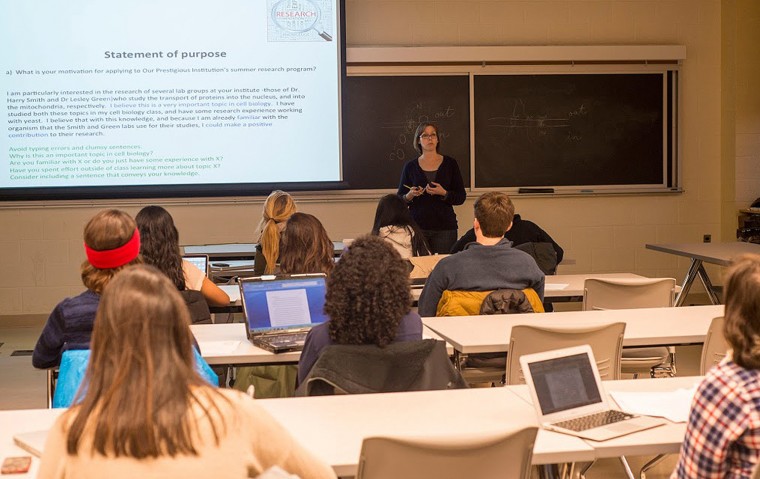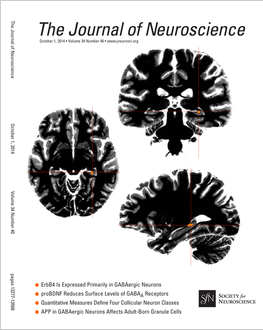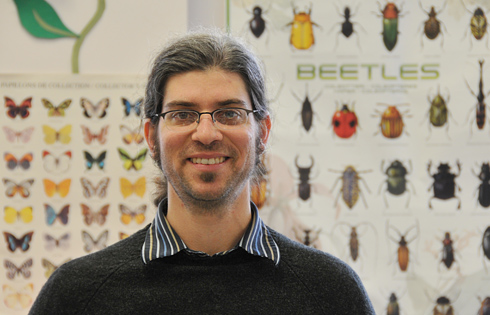Mike Singer, associate professor of biology, associate professor of environmental studies, is the co-author of several recently-published papers. They include: “Thee struggle for safety: effectiveness of caterpillar defenses against bird predation,” is in press and will appear in the April 2015 issue of Oikos. This article shows how the camouflaged or bold appearance of a caterpillar can protect it from predatory birds in Connecticut forests. Former BA/MA student, Isaac Lichter-Marck '11, '12, is the first author of this article. “Defensive mixology: Combining acquired chemicals toward defense,” is published in Functional Ecology, 2015. This article proposes a conceptual framework to study the use of natural drug cocktails by animals…
Jason Wolfe, professor of biology emeritus, died Dec. 23 at the age of 73. Wolfe joined the Wesleyan faculty in 1969 after receiving his BA from Rutgers University and his Ph.D. from the University of California, Berkeley, and completing two post-doctoral fellowships at Kings College, University of London, and Johns Hopkins University. He taught cell biology, human biology, biology of aging and the elderly, and structural biology at Wesleyan for 39 years. In his research, Wolfe asked big questions about how reproduction and aging are regulated. With funding from NIH and NSF, he produced a consistent and enviable body of work published…
Eighteen Wesleyan students, research assistants, alumni and one professor attended the Society for Neuroscience's annual meeting, held Nov. 15-19 in Washington D.C. The student group included Wesleyan lab technicians/research assistants Felicia Harrsch and Adam Lombroso and biology graduate students Kemal Asik, Jyoti Gupta, Swechhya Shrestha, Chris Chen, Nickesha Anderson, Meghan van Zandt, Chelsea Lassiter, Samantha Maisel, Julian Gal and Chris Suriano. The alumni group included XiaoTing Zheng '14, Eniola Yeates '10, Efrain Ribiero '10, Michaela Tolman '13 and lab tech/research assistant Katharine Henderson. Most of these alumni are enrolled in Ph.D. or MD/Ph.D neuroscience programs at other universities. Jan Naegele, professor of biology, professor of neuroscience…
Jan Naegele, Gloster Aaron and several Wesleyan researchers are the co-authors of an article titled "Long-Term Seizure Suppression and Optogenetic Analyses of Synaptic Connectivity in Epileptic Mice with Hippocampal Grafts of GABAergic Interneurons," published in the October 2014 edition of The Journal of Neuroscience, Issue 34(40): 13492-13504. Naegele is professor of biology, professor of neuroscience and behavior, and director of the Center for Faculty Career Development. Aaron is associate professor of biology, associate professor of neuroscience and behavior. The article is co-authored by Diana Lin '15; graduate students Jyoti Gupta and Meghan Van Zandt; recent alumni Elizabeth Litvina BA/MA '11, XiaoTing Zheng '14, Nicholas Woods '13 and…
Biology Ph.D. candidate Jacob Herman and Sonia Sultan, chair and professor of biology, professor of environmental studies, are the co-authors of an article titled "How stable 'should' epigenetic modifications be? Insights from adaptive plasticity and bet hedging," published in Evolution, Issue 68(3), pages 632-43. Herman was the Private Investigator on the paper. The article also was selected by Faculty 1000, a platform for life scientists that helps scientists to discover, discuss and publish research. Epigenetics is the study of ways chemical reactions change the way an organism grows and develops, and the factors that influence them. Epigenetic modifications can be stable…
Grandmothers used to warn youngsters against being “a jack of all trades, and a master of none,” and with good reason, at least in the animal kingdom, according to research by Mike Singer, associate professor of biology, associate professor of environmental studies. Singer’s decade of research in the ecosystems of Connecticut forests reveals that caterpillars with finicky feeding habits avoid predation from birds, whereas those that feed generally on many plants become meals for baby birds. The “specialist” bugs are much better at survival. Singer and five collaborators published these findings in the prestigious Proceedings of the National Academy of…
In this issue of The Wesleyan Connection, we speak with Taylor Goodstein from the Class of 2014. She is delivering a WESeminar at Reunion & Commencement on the topic of her capstone project: “Looking Inward: Examining the Broken Brain and Reducing Stigma.” Q: Taylor, what is your major, and how did you settle on this topic for your thesis? A: I am a neuroscience and behavior and biology double major, and I am also obtaining a certificate in creative writing. I was never planning on writing a thesis because I don’t conduct research in a neuroscience or biology laboratory, but…
Biology Ph.D candidate Sarah Kopac was invited to speak at the 2014 Spring Symposium of the Space Telescope Science Institute on the campus of Johns Hopkins University in Baltimore, M.D. on April 29. Kopac spoke on "Specialization of Bacillus in the Geochemcially Challenged Environment of Death Valley." Watch a video of her 20 minute presentation online here. Kopac's talk was part of a four-day interdisciplinary meeting titled "Habitable Worlds Across Time and Space" featuring speakers from around the world working in such diverse fields as biology, geology and astronomy. The focus of the seminar was on identifying places within our…
Professor Don Oliver received a three-year grant from the National Institutes of Health (NIH) Academic Research Enhancement Award (AREA) (R15) for his research titled “Mechanism of SecA-dependent protein translocation." The grant, worth $374,148, was awarded on April 15. Oliver is the Daniel Ayres Professor of Biology and professor of molecular biology and biochemistry. Oliver studies how proteins are targeted to and transported across biological membranes utilizing bacteria as a simple model system."The current genetic and biochemical studies are designed to elucidate a molecular motor protein, SecA ATPase, that drives proteins through a universally conserved protein-conducting channel by a largely unknown molecular mechanism,"…
In this issue of The Wesleyan Connection, we speak with Swetha Mummini ’14 who studied abroad last spring through the Danish Institute for Study Abroad Program. Her study abroad program hires two graduating past participants to be paid interns for the year after graduation and Mummini received the internship for the science and health programs assistant. Q: What prompted you to study abroad in Copenhagen? A: Macaroni and cheese. I know that sounds a bit ridiculous, but the first time I seriously considered going abroad was at the very beginning of junior year when my friend Catherine invited her friends…
Bill Firshein, the Daniel Ayers Professor of Biology, emeritus, is the author of the book, The Infectious Microbe, published by Oxford University Press in January 2014. Firshein is the founding faculty member of the Molecular Biology and Biochemistry Department. In The Infectious Microbe, Firshein uses six different critical diseases to illustrate how viruses and bacteria are spread. He discusses the relationship between man and virus, and how to defeat viruses. The book will help non-scientific readers better understand the issues surrounding the spread of disease. Thomas Broker '66, professor of biochemistry at the University of Alabama at Birmingham, described the book as an “engaging journey…







